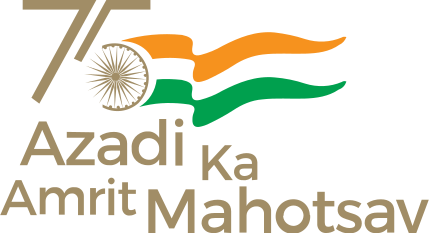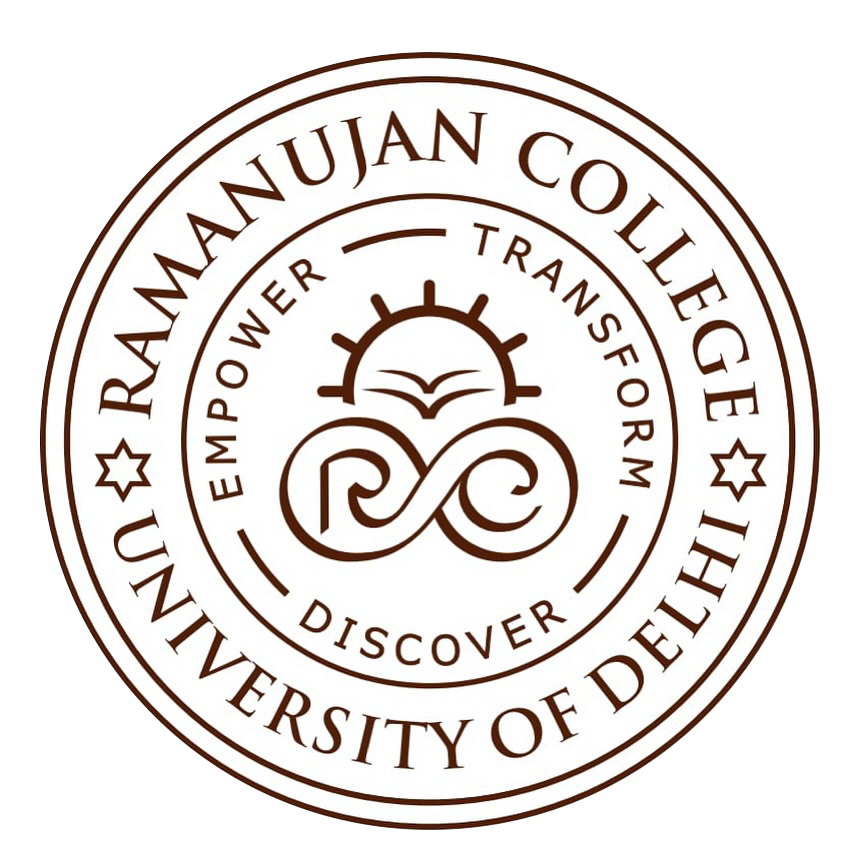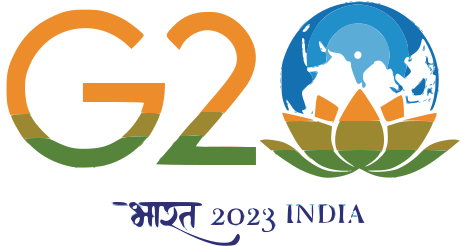What is Generic Elective?
A student admitted in a particular department has to opt for the Generic Elective (GE) Course offered by other departments. As an example, a student admitted under B.Sc. (H) Mathematics programme can’t opt for the Generic Elective Courses offered by Department of Mathematics. The student will study GE Course in the first four semester.
GENERIC ELECTIVE PAPERS OFFERED BY VARIOUS DEPARTMENTS IN ACADEMIC SESSION 20212-23
Note: A particular GE course is offered only if a viable number of students opt for it. Further, the College reserves the right to restrict choices of GEs for a stream of students.


